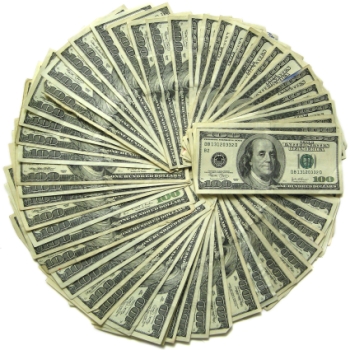
By mandate, UNESCO is supposed to be the ‘United Nations Educational, Scientific and Cultural Organization,’ an organization whose mission is “to contribute to the building of peace, the eradication of poverty, sustainable development and intercultural dialogue.” But when it comes to money, ideals and integrity seem to be less important. How else could UNESCO explain its intentions to set up a scientific award sponsored by and named after Equatorial Guinea President Teodoro Obiang Nguema Mbasogo, a head of state best known for corruption and his lack of respect for human rights?
It does not come as a surprise that President Obiang would gladly sponsor such an award to boost his reputation as a do-gooder. Yet UNESCO should reconsider accepting the $3 million annual provision, whose origin is most obscure and uncertain. As the Economist stated cynically, to accept President Obiang’s financial support could also pave the way for a “Robert Mugabe Award for Agricultural Productivity,” a “Silvio Berlusconi Medal in Sex Education” or a “Mahmoud Ahmadinejad Price for the Fostering of Nuclear Non-Proliferation.”
The discussion about accepting such a dubious sponsorship coincides with the very inappropriate event of Libya receiving a seat in the UN Human Rights Council in May 2010.
These recent developments underline the dangerous path of the UN losing more and more credibility and harming its reputation as an impartial, independent and upright organization.
At the same time the issues illustrate the obvious dilemma the UN has faced in times of a shifting global balance of power and numerous newly emerging actors who want to have a say on the world stage. Of course, if the UN wants to maintain its international authority it needs to consider the demands and concerns of countries such as Libyia and Equatorial Guinea too. However, the rising influence of these countries exemplifies that there is no universal consensus of ideals and that it will become increasingly challenging for the UN to position itself in this pluralistic environment of values.
Then again, in the present case, UNESCO should not let itself be lured into the creation of the Obiang Nguema Mbasogo International Prize for Research in the Life Sciences for several reasons. First, even in times of crisis $3 million can be gathered differently, thus money cannot serve as an explanation. Second, the political power of Equatorial Guinea is limited. UNESCO does not have to expect any mentionable repercussions from President Obiang. And third, as soon as UNESCO undermines its ideological mission and betrays its belief system, it runs the risk of turning into yet another administrative international organization without substantial significance.

